Indigenous Governance Database
Ho-Chunk Nation

Indigenous Land Acknowledgment
Native Governance Center co-hosted an Indigenous land acknowledgment event with the Lower Phalen Creek Project on Indigenous Peoples’ Day 2019 (October 14). The event featured the following talented panelists: Dr. Kate Beane (Flandreau Santee Dakota and Muskogee Creek) Mary Lyons (Leech Lake…
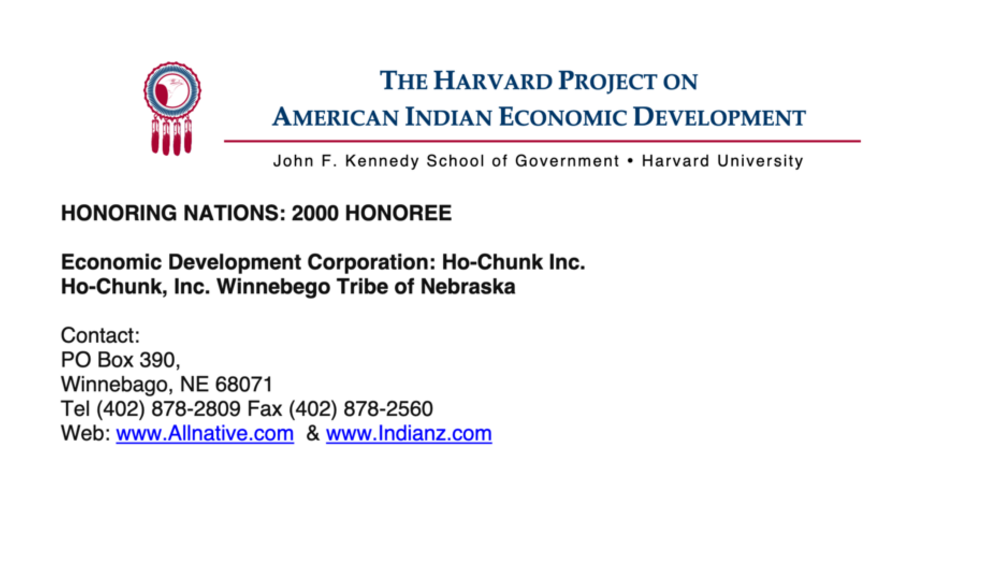
Economic Development Corporation: Ho-Chunk, Inc. Winnebego Tribe of Nebraska
Chartered under the laws of the Winnebago Tribe and wholly owned by the Tribe, Ho-Chunk, Inc. was launched in 1994 to diversify the Tribe’s business interests while maintaining a separation between business and tribal government. The general purpose company promotes economic self-sufficiency and…
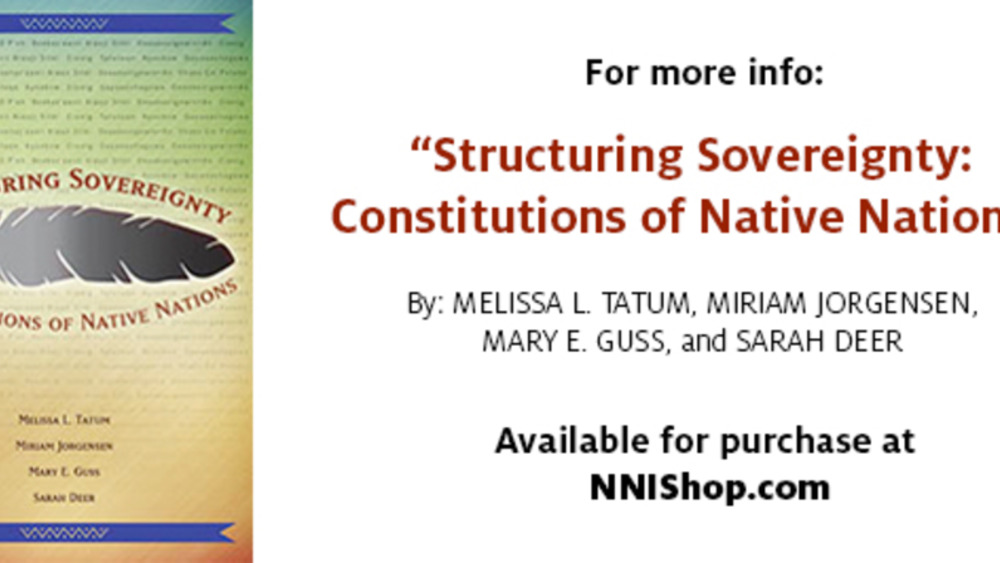
Ho-Chunk Nation Constitution
Location: Wisconsin Population: 6563 Date of Constitution: 1994, as amended 2000 and 2009
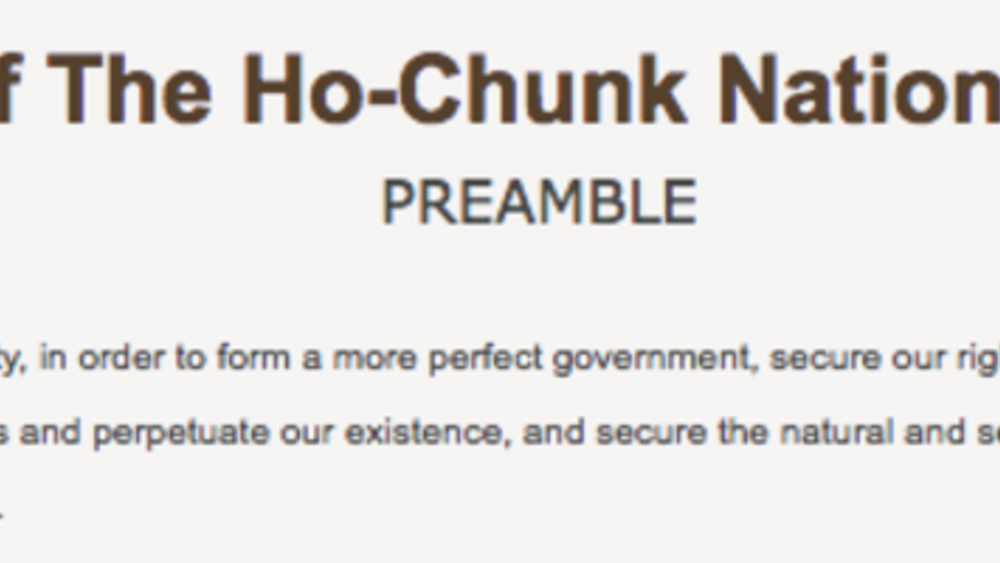
Ho-Chunk Nation: Governmental Structure Excerpt
ARTICLE III - ORGANIZATION OF THE GOVERNMENT Section 1. Sovereignty. The Ho-Chunk Nation possesses inherent sovereign powers by virtue of self-government and democracy. Section 2. Branches of Government. The government of the Ho-Chunk Nation shall be composed of four (4) branches: General Council,…
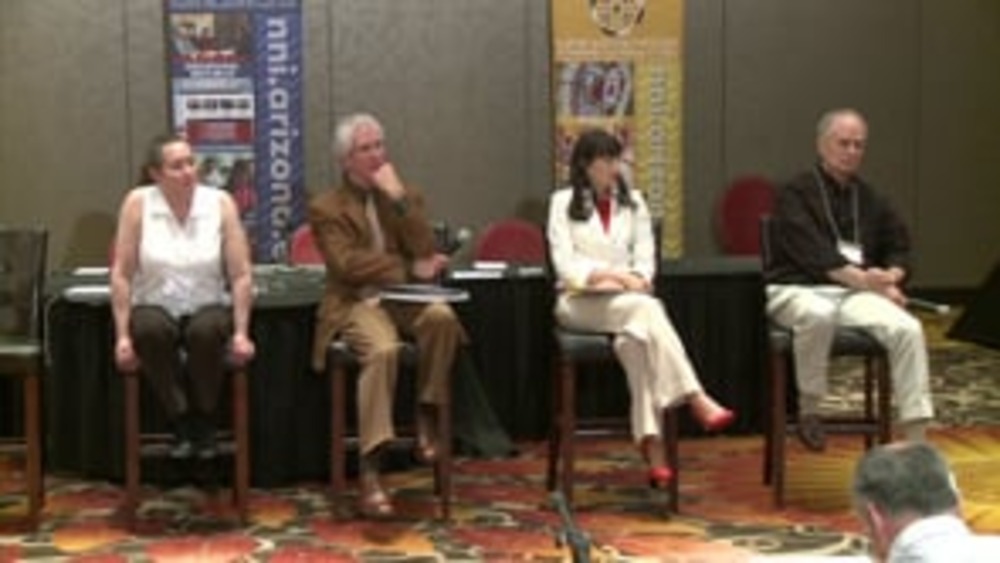
Constitutions and Constitutional Reform - Day 1 (Q&A)
Presenters and moderators from the first day of NNI's "Tribal Constitutions" seminar gather to field questions from seminar participants on a variety of topics ranging from dual citizenship to the relationship between a nation's constitution and its economic development environment.
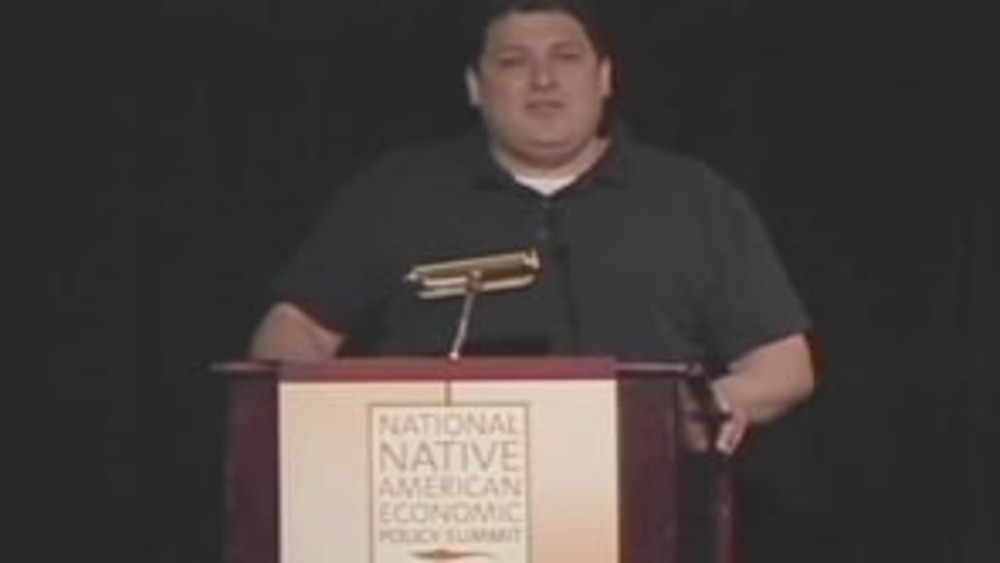
National Native American Economic Policy Summit: Lance Morgan: Policy
The National Native American Economic Policy Summit was held in Phoenix, Arizona, May 15-17, 2007, with more than 500 key stakeholders gathering to discuss the challenges to growing healthy, vibrant Native economies. In addition to identifying challenges, participants were asked to recommend…
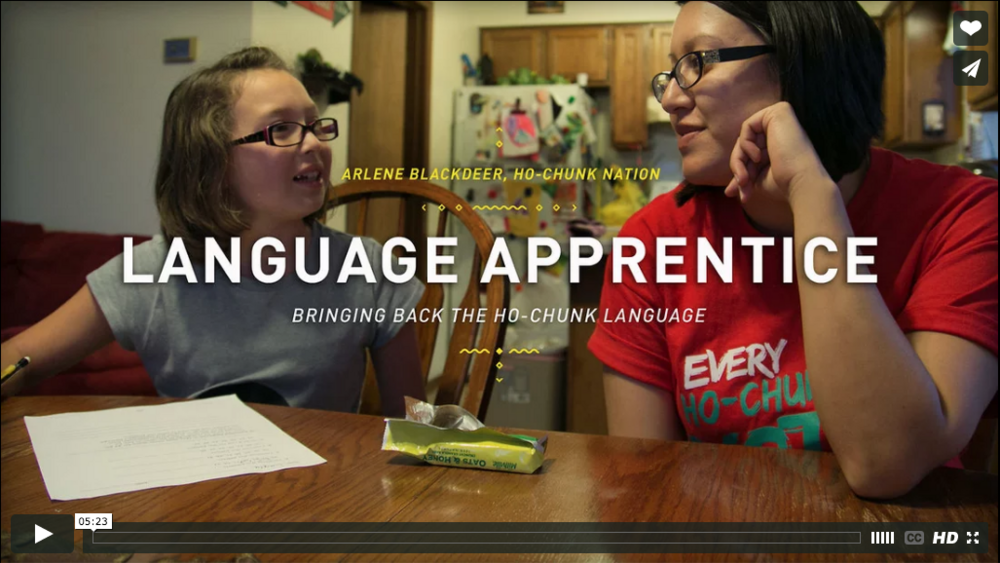
The Ways: Language Apprentice: Bringing Back the Ho-Chunk Language
Members of the Ho-Chunk Nation work hard to sustain their culture and beliefs. They believe it is essential to keep their traditional knowledge alive by passing on their culture and language from elders to younger generations. In their continued efforts to maintain their traditional knowledge, the…
